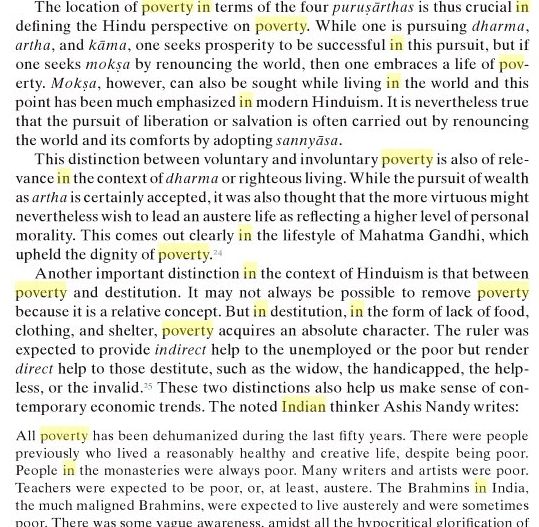Johann you mentioned the USA and Germany in 1900. That is why I mentioned America.Johann wrote:
I'm not sure why you've chosen to focus exclusively on American history. The 'West' isn't just America.
But even in the American context the ideas of political freedoms and equality were important from the start - the problem is that large sections of the society were convinced that this didn't apply to people who were different from them.
But there were powerful impulses from within the society to make enlightenment values lived values - that is why abolitionism grew as a movement to the point that it actually became the single most divisive issue in America in the first half of the 19th century. You couldn't believe in Enlightenment values and accept slavery. This was long before America was a superpower, or even dominant in that hemisphere.
Could America have been powerful and wealthy if it had been willing to apply universal values universally? I don't see why not.
Treating Native Americans like US citizens with full and equal rights as Americans would not have in any way weakened the country, or impeded its growth.
With respect, you have used an "If my aunt had a di(k, she would have been my uncle" argument. You are telling me that if the US had not been racist and unjust all would have been equally well if not better. You are redefining history to your convenience. As it happens all those great universal values became fine and dandy after the US had got past a degree of wealth and power and after the Red Indians had had the stuffing kicked out of their land and rights.
Interestingly race relations got a real boost after WW2 where the Nazi Germany put the entire European idea of the superiority of white European races to shame. Nazi Germany played a great role in defining the superior Aryans - a myth that was eagerly internalized by the British. But Germany went a step further and "othered" the despicable Shemites/Jews. And during this period all European economies were busy helping themselves to resources from their colonies.
